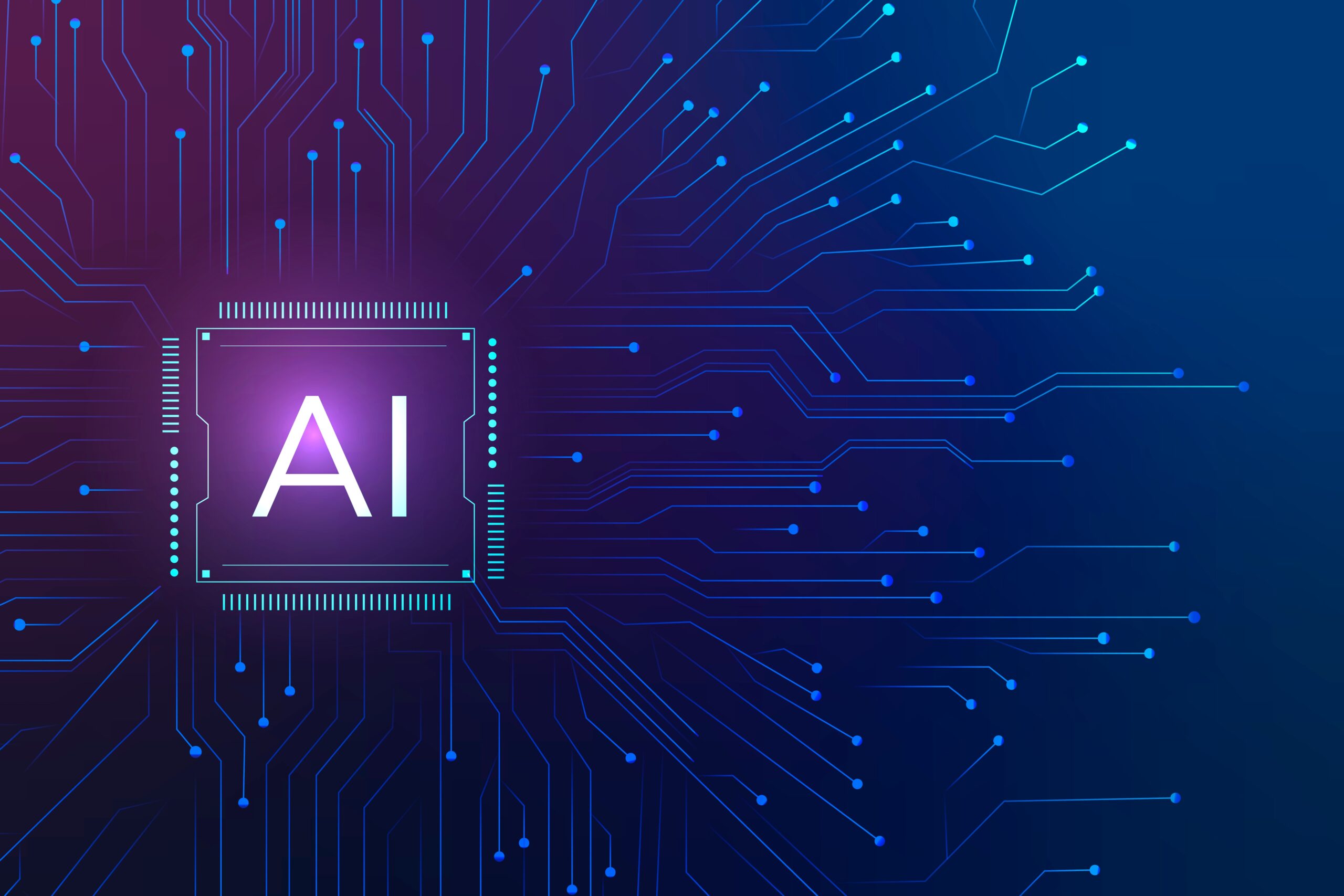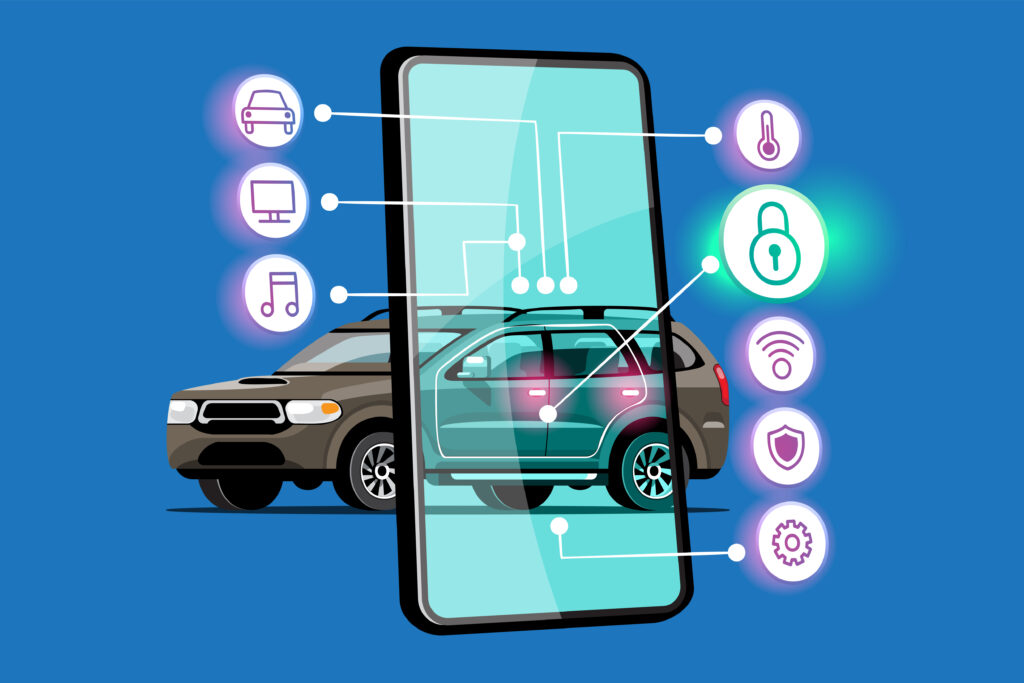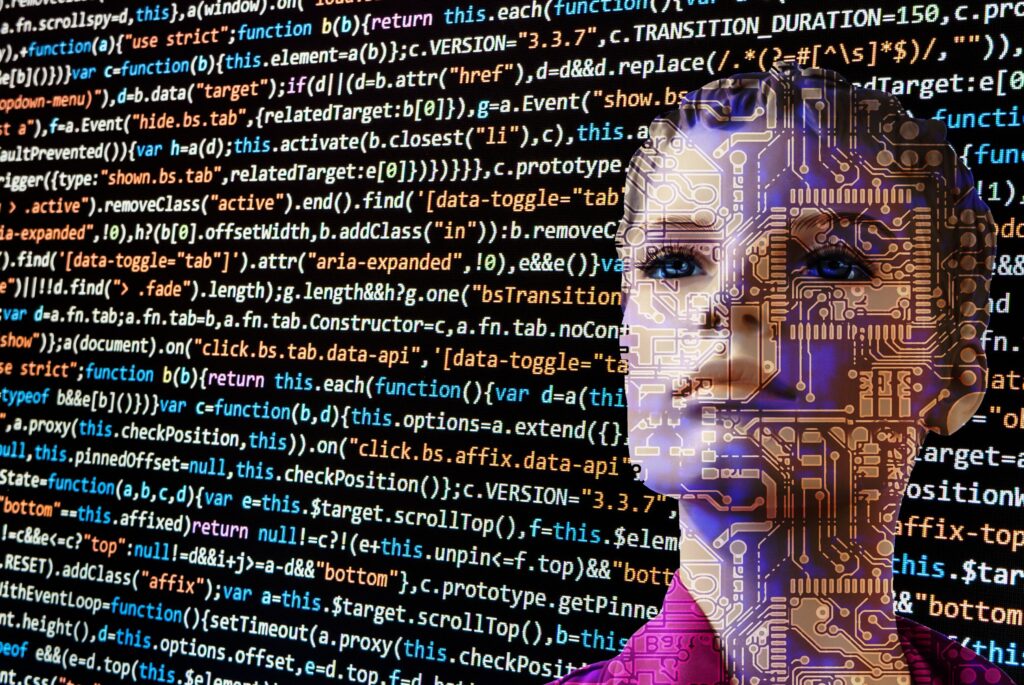In an emergency situation like the world has witnessed recently – we are talking about the Covid19 pandemic, a decisive contribution comes from a very different avenue other than human intervention. Artificial Intelligence has played and is still playing a crucial role in tackling the covid19 infection. As Covid19 is a rapidly spreading infection, and on a global scale, we need equally agile means to fight it back.
The Covid19 has completely changed the dynamics of the whole world. Although nations with all their available health resources put up a monumental effort to check the spread of the infection, technological development and, in particular, AI played a crucial role in the effort too. AI is successfully employed to identify disease clusters, monitor the spread of the infection, mortality risk assessment, predict the future outbreak, and even manage the disease through record maintenance and pattern recognition for predicting the advancement of the disease.
With its various offshoots and applications, AI has been put to use to manage and tackle multiple aspects of Covid19. Let’s look at them in more detail;
AI in Developing a Potential Cure
One primary concern for Covid19 was the absence of a definitive cure. But AI can change the cards, allowing rapid development of molecules and compounds that can be part of the curing drug. AI could potentially speed up the process and reduce the time frame of developing a cure to one year compared to the traditional five-year period. AI can also facilitate the development of antibodies and vaccines by creating new structure models of proteins linked to the virus.
AI in Diagnostics
Covid19, besides all its complications, also poses diagnostic challenges. A huge obstacle to obtaining a rapid diagnosis is the lack of clinical skills, possibly due to the massive volume of cases and a stretched healthcare system. Here too, AI represents an intriguing avenue. AI-assisted systems have successfully diagnosed pneumonia, a common but potentially lethal complication of Covid19, in less than sixty seconds and that too with above 90% accuracy.
AI in Monitoring Covid19 Cases
AI has been successfully applied to monitor Covid infected patients and determine the course of treatment. Going a step further, AI can even be used for resource allocation based on treatment parameters and available vitals data. It can assist in prioritizing the available resources like ventilator support in ICU. AI can further help with daily updates, recording the progress, and monitoring the course of treatment.
AI in Virtual Health Assessments
The overwhelming number of Covid cases have stretched the health care system to the point of breakage. AI can play crucial roles in this regard too. AI can intervene on behalf of medical practitioners aiding government and healthcare bodies, assist patients, provide reliable information and clear guidelines, recommend protective measures, control and monitor symptoms, and suggest a possible course for disease management, especially for those in home isolation.
AI in Contact Tracing
The containment of the virus’s propagation depends heavily on contact tracking. AI-powered contact tracing systems can examine a massive amount of data, including GPS and mobile phone records, to find prospective contacts and gauge the risk of transmission. These tools make it possible to quickly identify those who are at high risk and to support targeted measures like testing and quarantine.
AI in Drug Discovery
Due to AI’s ability to virtually test possible medicinal molecules, the drug discovery process has been sped up. Machine learning algorithms are capable of analyzing enormous databases of medicines currently on the market, locating chemicals that may have antiviral capabilities, and predicting the efficacy of those molecules. As a result, the discovery of drug candidates is expedited, and the time and money needed for conventional laboratory-based screening techniques are decreased.
AI in Epidemiological Modeling
AI-powered epidemiological models have been crucial in predicting the COVID-19 outbreak, calculating infection rates, and evaluating the effectiveness of various therapies. These models provide in-depth analyses of a variety of variables, such as population demographics, mobility information, and social interactions, to offer decision-makers guidance on how to put effective control measures in place. Healthcare organizations may now deploy resources to deal with caseload increases because of AI-driven forecasting.
Conclusion
In the battle against COVID-19, artificial intelligence has proven to be a useful tool. Its uses in diagnosis, contact tracking, drug discovery, vaccine research, epidemiological modeling, and disinformation detection have considerably aided in the pandemic’s global response. The recent outbreaks of Covid19 in several countries have raised the concern that even after a large vaccination drive, the danger of covid infection will loom for the time being. Therefore we must hasten our advances in tackling the disease on all fronts. The rapid rise of Covid warranted an equally agile response, and AI has proven to be up for the task. In many cases, AI has more far-reaching and beneficial outcomes than human interventions. Therefore, we have to refine the AI systems further, feeding more data to create a more accurate model to successfully tackle the advances of this deadly pandemic.



